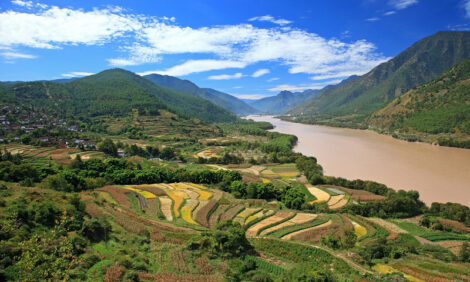|
Need a Product or service?
|
|
"The SME Bank (Small and Medium Enterprise Development Bank of Thailand) is currently ready to offer as much as five billion baht in soft loans for swine raisers who want to improve their standards to meet the requirement of the department," said Surachai Sutthitham, the president of the Pig Raisers Association.
He said the association planned this year to increase the number of standardised farms as much as possible, but declined to given a figure.
The standards lay down management practices and require the farms to be supervised by veterinarians, as well as adopt environmental friendly waste treatment.
There are currently over 3,000 pig farms in Thailand, of which around 1,000 of them are members of the association. Only 100 farms have so far been certified by the Livestock Development Department as meeting the standards for the production of hygienic pork.
This year, the country is expected to have a total of 11 million pigs. Most locally raised pigs are supplied to the domestic market, which is worth 40 billion to 50 billion baht a year. Only 1% of them are exported as both cooked products and live pigs.
Cooked meats such as sausages, ham and bacon now generate about one billion baht in annual export sales, mainly from Japan.
Hong Kong is a major importer of frozen pigs, taking in 500 to 600 a day, while Macau accepts 40 to 50 pigs a day.
According to Mr Surachai, the price of pork has risen as the bird flu outbreak has prompted people to consume more of the product.
The ex-factory price of pork is currently available at 42-43 baht per kilogramme, a rise from about 36 baht per kilogramme in early January.
The average price of pork was 34.10 baht per kilogramme last year, much lower than the farmers' production cost which averaged 38 baht per kilogramme.
Despite a rising demand, Mr Surachai said farmers were unlikely to raise their productivity, as the price of pork was expected to fall again once the bird flu crisis was over.
Source: eFeedLink - 26th January 2004



















